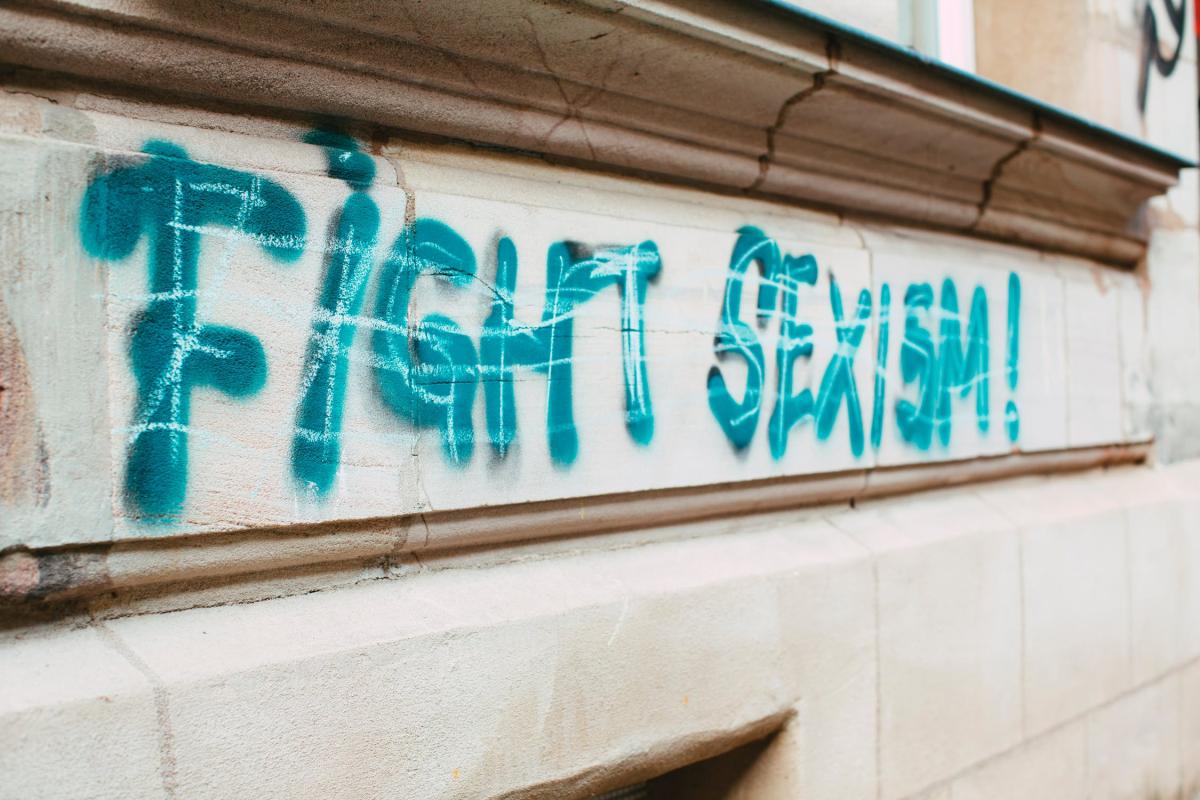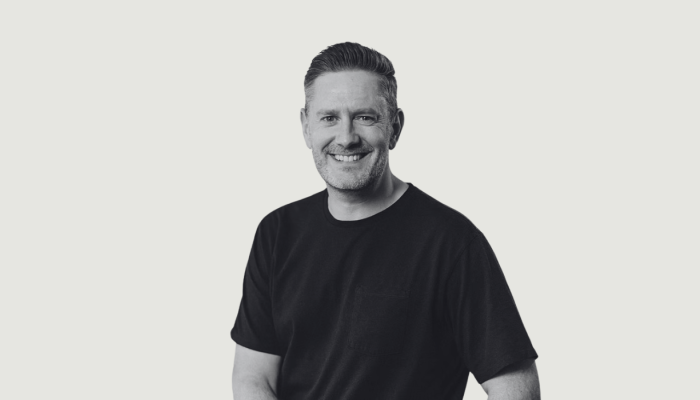The last week has made the need for allyship and action feel more urgent than ever. We’ve seen horrendous news stories regarding women, dismal stats about the gender divide and many personal stories of gender-based career discrimination.
The tragic kidnap and suspected murder of a woman walking home that feels relatable to so many of us, the public discourse around whether a pregnant woman was lying about her own mental health and the UN Women stats stating that 97% of young women in the UK have been sexually harassed. And that’s before even thinking about workplaces, where this week I co-hosted a webinar speaking to some incredible, successful women in advertising, many of whom shared their stories of sexism and harassment. It feels relentless.
Whether it’s for our personal safety, or to navigate career hurdles, women are constantly having to be vigilant about their behaviour – to defend, navigate and protect.
So at first I thought, I’m done. I’m tired, annoyed and don’t particularly feel at liberty to translate these feelings into a pithy action-focused article related to our industry and marketing.
But then, after this initial resistance, I reconsidered.
I thought perhaps this is exactly the time, and this anger is exactly the energy we need. Maybe more people haven’t got involved in addressing the imbalances in our society and industry because it seemed like too much of a task, too far removed from their experiences, too big or too draining. Maybe they feared they might get it wrong.
But without change, the gender gap will continue to widen, brilliant people will continue to leave our industry and eventually we will no longer be able to make the creative and impactful work that we so pride ourselves on.
The role for allyship
I choose to challenge that the fight for gender equality is a women's issue to solve. We need the majority to be truly and actively invested in cultural change that benefits us all.
The term #notallmen often comes out to clarify that not all men are the perpetrators of harassment or negative behaviours towards women, but this is a distraction. Nobody is suggesting that it is all men, but I do believe all men (and women) can be the champions of positive change.
Key stakeholders for progress are people in existing positions of power (who are often men) but without an active dedication to equality, this can be woefully overlooked. For example the chair of the Women and Equalities Committee Ms. Nokes said on BBC Radio 4’s Woman's Hour that "although ministers had not deliberately designed policies to be sexist," there had been "institutional thoughtlessness" about their particular impact on women.
Bridging the communication gap
So how do we take action to address institutional thoughtlessness?
Last week on Twitter (aside from the usual bile, victim blaming trolls and frustrating advice for women to stay inside to avoid attacks) a few tweets went viral of men asking how they can help women feel safe, what behaviours they can take on to ensure they don’t unnecessarily intimidate women. Men asking how to be good allies and then sharing what they learnt with their networks.
We need more willingness from men to actively research the answers to these questions themselves and acting upon it.
Beyond this, I don’t have the silver bullet solution to how men can fight for gender equality, but I do have one answer which is surprisingly simple, which is to be open to important but perhaps uncomfortable discussions.
Over the past two years I’ve been lucky enough to take part in the pilot and roll-out Bloom programme called The Exchange. A co-mentoring scheme designed to pair senior men and Bloom women together to speak candidly about work, equality and personal experiences with the goal of bridging across the gender communications gap.
Through these series of conversations, fuelled by radical candour, openness and a willingness to drive change, both the men and women involved got an insight to the challenges each other faced. Moving past the fear of getting it wrong or being cancelled but instead calling it in and discussing issues.
One senior male leader said to me that real examples ‘pricked his consciousness helpfully’, making him feel more of a drive to take action.
Research from The Exchange programme found significant increases across both men and women with regards to how clear they are on which actions will positively impact the gender divide in their workplace (+257% increase for women and +493% increase for men) showcasing the power of moving away from assumptions and having open and honest conversations.
Inviting true understanding of people who have a different life experience breaks down barriers and builds up understanding and empathy.
So please, join me in welcoming open and uncomfortable conversations, to actively call out and challenge behaviours, and learn from mistakes. It’s the foundation needed for genuine allyship and tangible, long-lasting action not only for our sector, but society at large.



